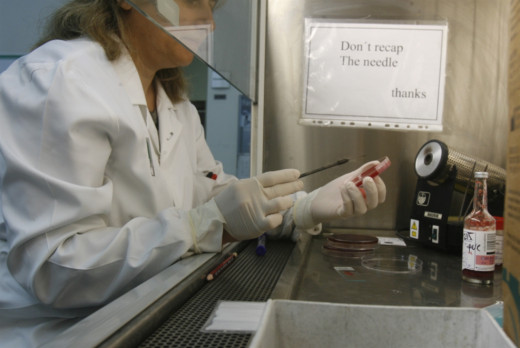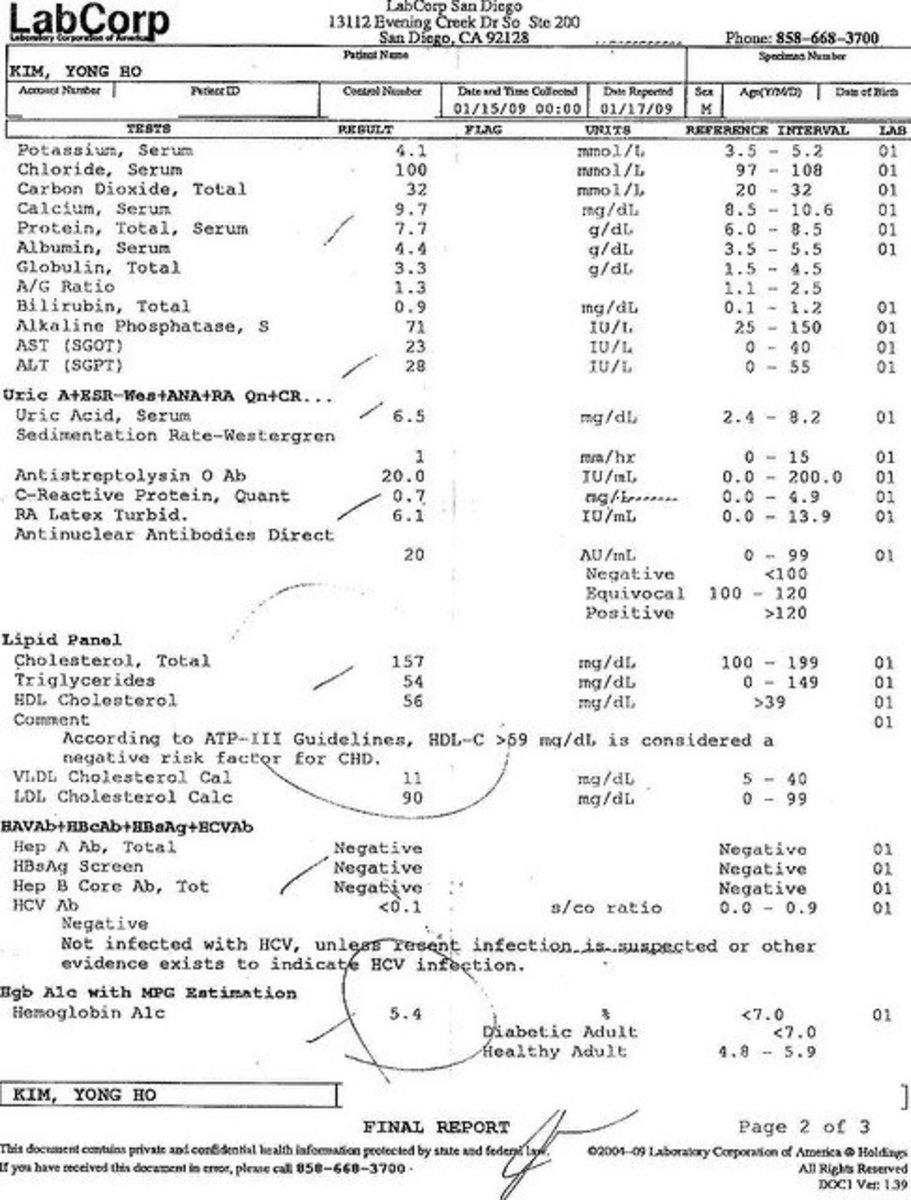Medical Laboratories Are at Risk of Discontinuation

There is no end to the crises in the hospital sector. The more the financial and monetary crisis recedes, the greater the problems in hospitals, both private and governmental. And every day there is something new, to warn that the worst is yet to come.
The first "relief" of the economic crisis was with the hospitals following the policy of fiscal austerity, which began to reduce the working hours and salaries of workers accordingly. This policy expanded, with hospitals entering the tunnel in the services, by merging the medical departments before closing some of them and stopping providing services in them. Not long ago, the crisis entered into a ban, with a number of hospitals ceasing to provide chemotherapy treatments for cancer patients, and reduced dialysis sessions, due to their inability to pay drug companies dues. This caused the dilemma of securing medical supplies and devices, due to the accumulation of debts of its importers, due to hospitals that were unable to pay them. The matter amounted to the threat of importers of these supplies to a number of hospitals to refrain from delivering many medical supplies unless they initiated the payment.
Today, the crisis has entered a more dangerous tunnel. Hospitals are no longer able to purchase the supplies they need "because we are forced to pay in US dollars, which is impossible now," says the Syndicate of Private Hospital Owners in Lebanon, Suleiman Haroun. This reflected a severe shortage of materials used in operating rooms, from the scalpel to the sutures, etc. Since last week, hospital laboratories have been suffering from a lack of some important materials, including "reactant", the chemical mixture that is used in medical tests. The shortage of this basic material has reached the point of "borrowing" the hospital's reagents from each other. In this context, Aaron points out that "we are borrowing from some, which means if a hospital laboratory that does not have the materials for cholesterol testing borrows from another hospital laboratory, until the crisis is resolved". However, the trail appears to be long. This is what Aaron says.
Many laboratories have stopped carrying out tests that require expensive materials
However, it is not a hospital laboratory crisis. Private labs also face a similar, albeit to a lesser degree, a crisis. While the Syndicate of Laboratory Owners, Dr. Myrna Germanos, notes that the situation is still acceptable with regard to some equipment “that we use, including reagents, the crisis is inevitably coming.” The signs started with the discontinuation of some specialized tests in a large number of laboratories, which are tests that require certain materials whose prices are very expensive (such as hormone and DNA tests).
The crisis is coming soon. Germanus says. Originally, it began with the attempt of medical equipment importers to impose additional dollar amounts on hospital owners to “cover the exchange rate difference”. Germanus points to the laboratory owners trying to reach an understanding with the importers "to divide the loss between us and them, and not to bear this burden alone".








